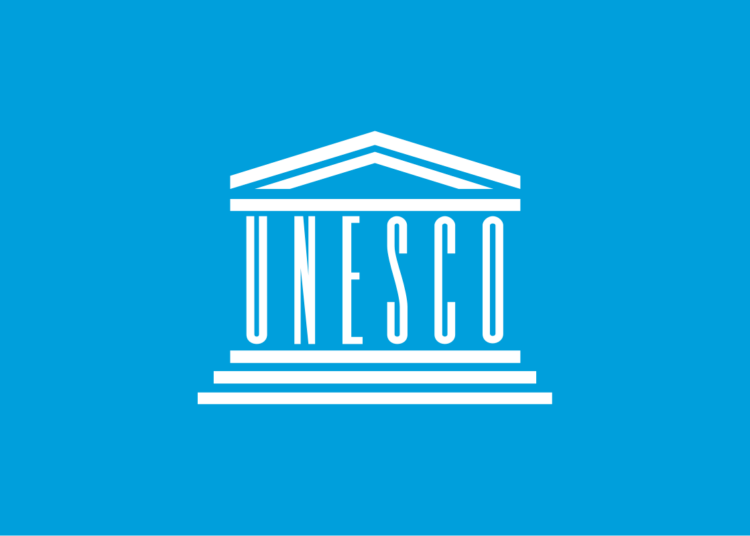The United Nations Educational, Scientific and Cultural Organisation (UNESCO) has emphasised that Nigeria needs a school curriculum that is relevant to its needs.
UNESCO’s director for International Bureau of Education (IBE), Mr. Ydo Yao, stated this at a 4-day capacity building workshop organised by the UN agency for officials of the Ministry of Education in Abuja.
The workshop is in line with the Transforming Education Summit, TES, held in New York in September 2022, which reiterated that TES must more than ever, be a priority for government, development partners, civil society, and multilateral agencies.
In a statement earlier on Monday, the UN agency said “the need for this action is evident in the triple crises of equity and inclusion, quality, and relevance of education.
“Part of the commitments toward addressing these crises is making curriculum relevant for assuring quality in education and ensuring that values, knowledge, and skills needed to thrive in the present day complex world are transmitted through the education system.
“Curriculum is a central and irreplaceable component of any educational policy and pivotal in the transformation of Education. To achieve SDG4 which seeks to “ensure equal access to quality education for all and promote lifelong learning opportunities”, there must be a rethinking of curriculum contents and pedagogical approaches.”
Speaking at the workshop in Abuja, Yao lamented that there are many Nigerians and Africans who have gone to school and are qualified but have no jobs because of their nature of training.
“First of all, is the relevance of learning. You know, there are many Nigerians and Africans who have gone to school. They are qualified. But they don’t have jobs. And this is a global challenge for Africa. And is because of the relevance of the training.”
“Whereas we have some areas that are not exploited at all. And where there is a big potential of job creation. We are continuing to teach people, learners in areas that used to be very relevant in the past. Today they are no longer relevant but we are still continuing the same things for 40 years. So how are we rethinking our education to make sure what we are offering is really what is needed?
“These are questions that we need to ask and all these have to be part of a process of reforms that can be undertaken by people who are trained, and who have the skills to do it. And this training is about that,” he said.
On his part, the Minister of State for Education, Hon. Goodluck Opiah, described the workshop as very apt and timely training and a step in the right direction, adding that this is the first time Nigeria will be benefiting from such gesture from UNESCO-IBE in spite of being a member state, and the Nigerian Educational Research and Development Council (NERDC), serving as the President of IBE Council from 2014 to 2016.











